Can a natural alternative replace synthetic choline chloride in broiler chickens?
Can a natural alternative replace synthetic choline chloride in broiler chickens?
Broiler nutrition is constantly evolving, with the challenge of improving feed efficiency, optimizing production performance, and maintaining formulation stability. Synthetic choline chloride, traditionally used as a source of choline, faces technical limitations such as high hygroscopicity, corrosiveness and vitamin degradation in premixes.
Given this scenario, the study recently published in the International Journal of Poultry Science, entitled Effects of a Plant Based Natural Alternative of Choline and Betaine as Replacements for Synthetic Choline in Broilers Diets (Avi, Gonzalez, Sol, Horta & Bouvet, 2025), evaluated a natural alternative: Natu-B4™, a polyherbal source of choline, comparing it directly with diets supplemented with synthetic choline chloride and other additives in broiler chickens under commercial conditions.
Experimental design
The study included:
- Species and phase: broiler chickens under commercial conditions.
- Main treatments: diets supplemented with synthetic choline chloride and Natu-B4™, as well as betaine and combinations.
- Variables evaluated: weight gain, feed intake, feed conversion ratio (FCR), and carcass yield.
- Context: the study sought to answer whether a polyherbal source of choline can effectively replace synthetic choline chloride while maintaining zootechnical performance.
Main results for Natu-B4™
The published data shows that:
Production/Zootechnical performance: Natu-B4™ maintained, and in some cases improved, weight gain and feed conversion ratio (FCR) compared to synthetic choline chloride.
Meat quality/Carcass yield: the parameters obtained with Natu-B4™ were comparable to synthetic choline chloride.
In addition, other practical advantages of Natu-B4™, such as its stability in premixes, as it is not hygroscopic and does not degrade vitamins, are documented in its technical dossier, reinforcing its applicability in commercial programs.
What does this mean in practice for poultry farming?
The study shows that by replacing synthetic choline chloride with Natu-B4™, broiler producers can achieve consistency and improvements in production parameters, with results validated under commercial conditions.
The role of betaine in the study
The experimental design also included supplementation with betaine, used as a methyl group donor additive. As the authors point out, it showed positive effects on metabolic parameters, which is consistent with its known role in poultry nutrition. In some treatments, the combination with Natu-B4™ was evaluated, where betaine was used as a supplement.
However, the published results confirmed that Natu-B4™ alone was able to replace synthetic choline chloride in broilers under commercial conditions.
Technical factors to consider
The article reinforces that not all plant-based alternatives offer the same support. To ensure consistent results in broilers, certain criteria must be met:
- Validated mechanism of action;
- Consistent trials under commercial conditions;
- Adequate sanitation processes to ensure safety;
- Recognized certifications in the animal nutrition sector;
- Technical expertise in the selection and formulation of plant-based raw materials.
Natu-B4™ meets these criteria, which supports its application in different production scenarios.
Conclusion
Research published by Avi, Gonzalez, Sol, Horta & Bouvet (2025) confirms that Natu-B4™ is an effective and safe natural alternative to synthetic choline chloride in broiler chickens.
More than just a replacement, it represents an advanced nutritional strategy that:
- Improves metabolic efficiency;
- Ensures stability in premixes;
- Contributes to zootechnical performance in intensive systems.
With scientific evidence and proven technological advantages, Natu-B4™ is positioned as a key solution for modern poultry farming.
Reference:
Avi, R., Gonzalez, J., Sol, C., Horta, F. D. C., & Bouvet, R. (2025). Effects of a Plant Based Natural Alternative of Choline and Betaine as Replacements for Synthetic Choline in Broilers Diets. International Journal of Poultry Science, 24(1), 24–30. https://doi.org/10.3923/ijps.2025.24.30
Read more at
Nuproxa's Blog
FAMI-QS: a commitment to quality that unites Nuproxa Switzerland and its affiliates in Latin America
By Ana Paula Barp Brandt, Quality Director of the Nuproxa Group During Nuproxa Quality Week, we cele...
+Combined and natural strategies to reduce the risk of coccidiosis in poultry
In the previous content, we addressed important factors about coccidiosis, ...
+Guide to understanding animal stress and its impact on poultry and swine production
Animal stress is a critical factor that directly influences performance and production in poultry an...
+Guide to the prevention and treatment of coccidiosis in poultry: part 1
Coccidiosis occurs in poultry that are infected by ingesting sporulated oocysts from different speci...
+Read more at
Nuproxa's Blog
FAMI-QS: a commitment to quality that unites Nuproxa Switzerland and its affiliates in Latin America
By Ana Paula Barp Brandt, Quality Director of the Nuproxa Group During Nuproxa Quality Week, we cele...
+Combined and natural strategies to reduce the risk of coccidiosis in poultry
In the previous content, we addressed important factors about coccidiosis, ...
+Guide to understanding animal stress and its impact on poultry and swine production
Animal stress is a critical factor that directly influences performance and production in poultry an...
+Guide to the prevention and treatment of coccidiosis in poultry: part 1
Coccidiosis occurs in poultry that are infected by ingesting sporulated oocysts from different speci...
+Why reconsider the use of choline chloride in animal nutrition?
In this technical guide developed by Nuproxa, we explore lesser-discussed aspects of choline chlorid...
+Do you still use choline chloride in your production?
Discover a solution capable of transforming your results! The natural revolution to increase animal ...
+Natural Polyherbal Sources for Supplementing Vitamin e in Animal Nutrition
Nearly 100 years after its discovery in 1922, is practically consensual that supplementing with Vita...
+Improving production efficiency by controlling protozoa via herbal blend
The continuous improvement of production efficiency in industrial poultry farming still remains an e...
+Importance of the use of liver protectors in the production output of broilers
The liver is the organ performing the largest number of vital functions indispensable for the animal
+Importance of the use of liver protectors in the production output of broilers
The liver is the organ performing the largest number of vital functions indispensable for the animal...
+Dorsal fat reduction in pigs: nature has the solution
Pig farming is constantly changing. Since its technification in the 1970s, new knowledge and technol...
+Efficient solutions and better results
Pig farming is constantly changing. Since its technification in the 1970s, new knowledge and technol...
+Natural Polyherbal Sources for Supplementing Vitamin e in Animal Nutrition
Nearly 100 years after its discovery in 1922, is practically consensual that supplementing with Vita...
+Herbal formula, source of choline and it’s effect on the apparent metabolisable energy of broiler chicken’s diets
In relation to the effect of different sources of choline on the chicken’s performance, papers wri...
+

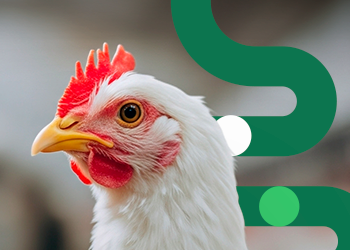

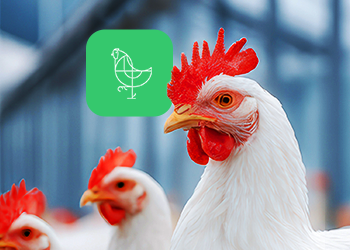
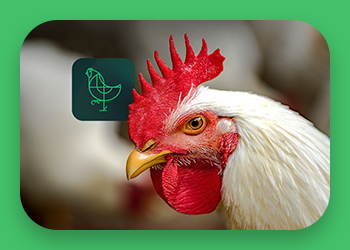
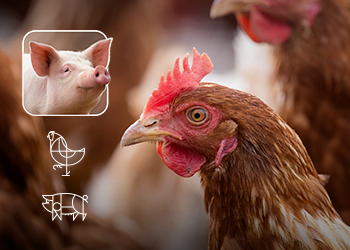
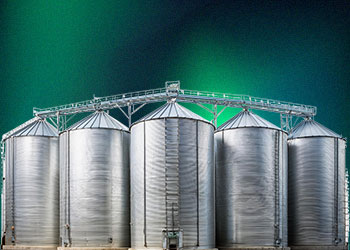
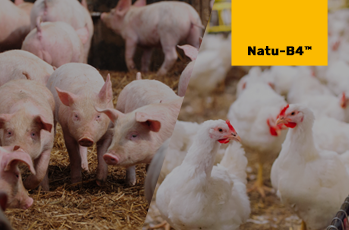
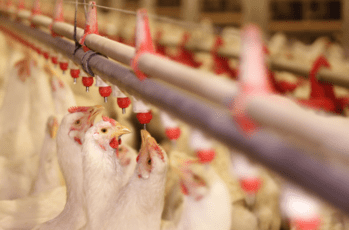
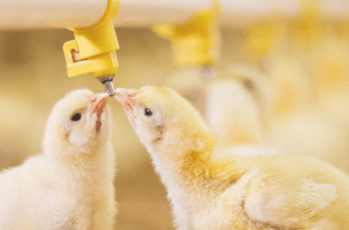
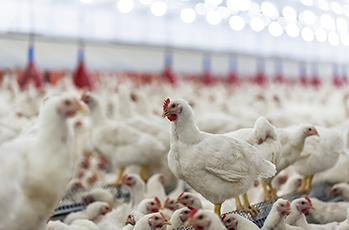
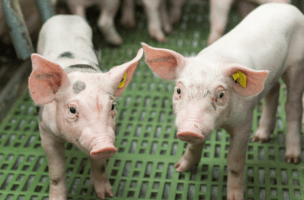
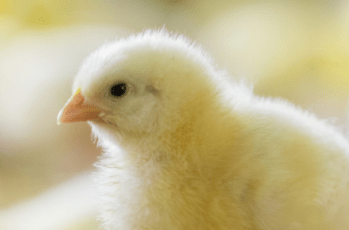
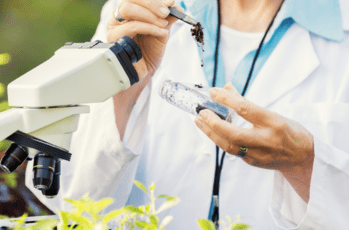
receive our newsletters.